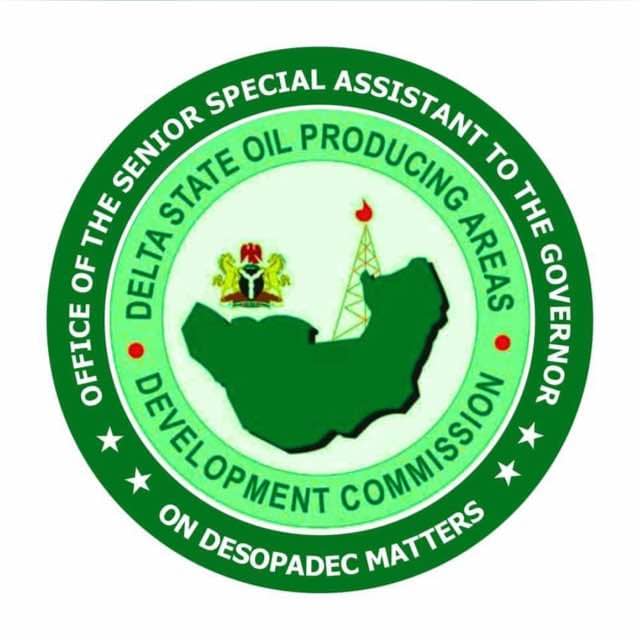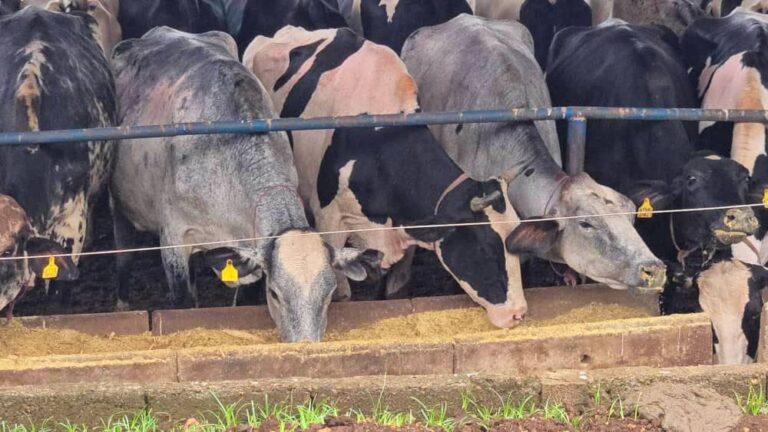
The United States(U.S) government has issued a travel advisory, urging its citizens to reconsider travel to Nigeria due to escalating risks including kidnapping, terrorism, armed gangs, and inadequate healthcare access. While security concerns exist nationwide, 18 specific states were highlighted as particularly hazardous.

The U.S advisory specifically cautioned against visiting Borno, Yobe, Kogi, and northern Adamawa, citing prevalent terrorism and kidnappings. Additionally, Kaduna, Kano, Katsina, Sokoto, Zamfara, Bauchi, and Gombe were flagged due to widespread kidnapping activities, indicating a significant threat across various regions.
READ ALSO:https://naijanewswatch.com/nigerian-police-force-alleged-pensions/
In Nigeria’s southern states, Abia, Anambra, Bayelsa, Delta, Enugu, Imo, and Rivers were listed due to high levels of crime, prevalent kidnappings, and frequent attacks by armed groups. Beyond security, the advisory also expressed serious concerns about Nigeria’s healthcare system, noting that medical facilities often fall short of U.S. or European standards
The advisory further highlighted that essential medications are frequently unavailable, and patients are typically required to pay in cash before receiving treatment. Ambulance services were described as unreliable and poorly equipped, with no assurance of trained emergency personnel. Consequently, the U.S. government advised travelers to ensure full vaccination, carry sufficient medication, and secure travel insurance inclusive of emergency medical evacuation prior to their arrival in Nigeria.




The U.S. travel advisory reflects growing international concern about the security and healthcare challenges facing Nigeria. While it’s disheartening to see our nation classified as high-risk, this should serve as a wake-up call for our government to urgently address the root causes—ranging from terrorism and banditry to the crumbling healthcare system. Nigeria is a country full of potential, but safety and stability must be prioritized if we want to attract foreign visitors, investors, and even ensure the well-being of our citizens. The time to act is now—before more doors close.
How do you propose the government balance addressing security and healthcare challenges with the need for economic growth and job creation, considering the potential impact of increased military presence or healthcare infrastructure investments on the national budget and private sector development?
it’s imperative for stakeholders to converge and chart a new course. The advisory’s spotlight on healthcare infrastructure deficiencies is a clarion call for reform. Can Nigeria’s leaders seize this moment to drive transformative change and restore global confidence??
The recent travel advisory issued by the U.S. government underscores the growing global security concerns and the need for increased caution while traveling. Such alerts serve as important reminders for citizens to remain vigilant, stay informed about local developments, and follow official guidelines. Taking these warnings seriously can help individuals make informed decisions and ensure their safety while abroad.
In light of the recent travel advisory issued by the U.S. government, it is crucial for our government to step up efforts to protect and support its citizens, both at home and abroad. This development highlights the urgent need for stronger security measures, clear communication, and proactive strategies to ensure the safety and well-being of all Nigerians, especially those who may be affected by international security threats. The government must act swiftly and responsibly to address these concerns.